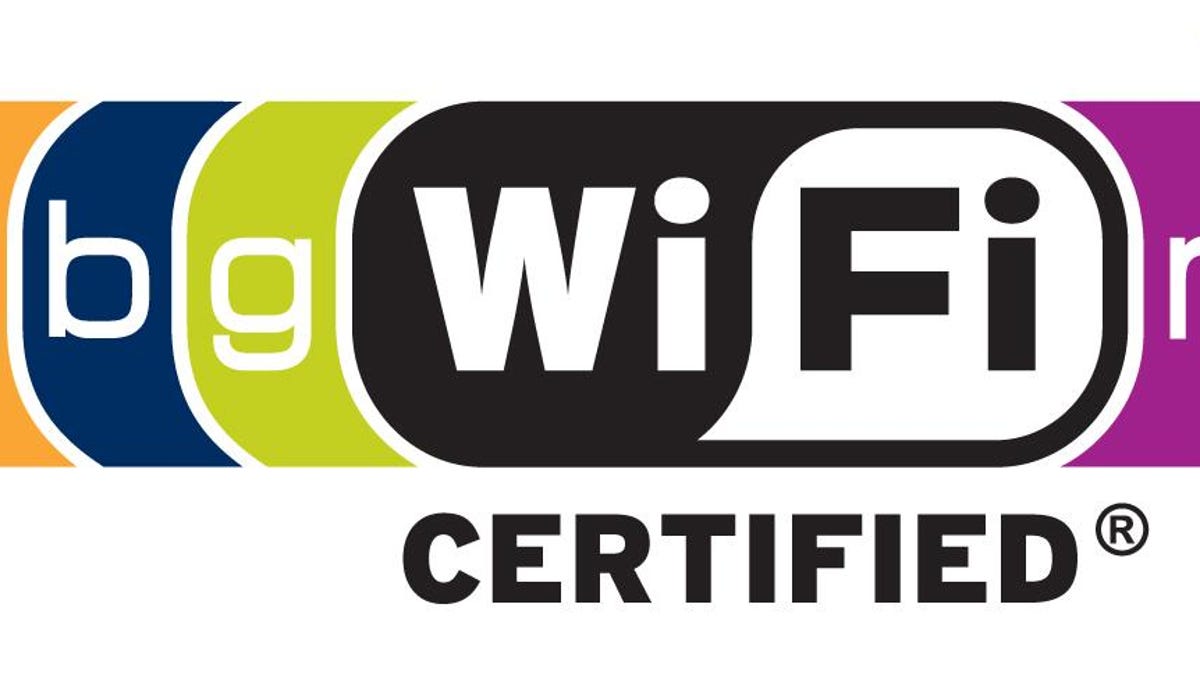802.11n Wi-Fi standard finally approved
After seven years, the new, faster standard for wireless networking finally makes it past the draft stage.

As predicted last month, the IEEE has finally approved the 802.11n high-throughput wireless LAN standard.
Finalization of the new wireless networking standard--which is capable of delivering throughput speeds up to 300 megabits per second (and even higher)--took exactly seven years from the day it was conceived, or six years from the first draft version. The standard has been through a dozen or so draft versions.
News of the ratification broke via a blog post displaying an e-mail sent by Bruce Kraemer, longtime chairman of the 802.11n Task Group, to task group members. There has been no public announcement yet. Update 5:49 p.m. PDT: A press release has been issued.
(The 802.11n Task Group is part of the 802.11 Working Group, which oversees WLAN (wireless local-area network) standards. Task group members include the majority of Wi-Fi chipmakers, software developers, and equipment OEM vendors. Meru Networks, one of the members, posted the blog that broke the news.)
It's likely, however, that final approval of the standard will be publicly announced by September 15, the date when Meru Networks puts on a public Webcast to provide answers about the ratification.
According to the Wi-Fi Alliance, the group that tests and certifies wireless products to ensure their interoperability, all existing Wi-Fi Certified Draft N wireless products will still work with the final standard.
802.11n offers much higher speeds than the previous, already-ratified 802.11g, which caps at only 54Mbps. Due to the compelling higher speed, most wireless vendors haven been offering 802.11n-based (also known as Wireless-N) products during the past six years and calling them Draft N products. Now the Draft is no more.
According to the Wi-Fi Alliance, most, if not all, of the existing equipment can be upgraded to the final specification via a firmware update. Finally, all future wireless networking products will be compatible with today's products that have been Wi-Fi-certified.

